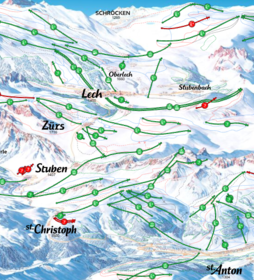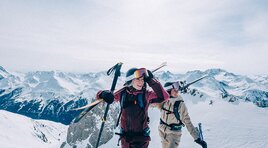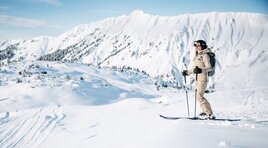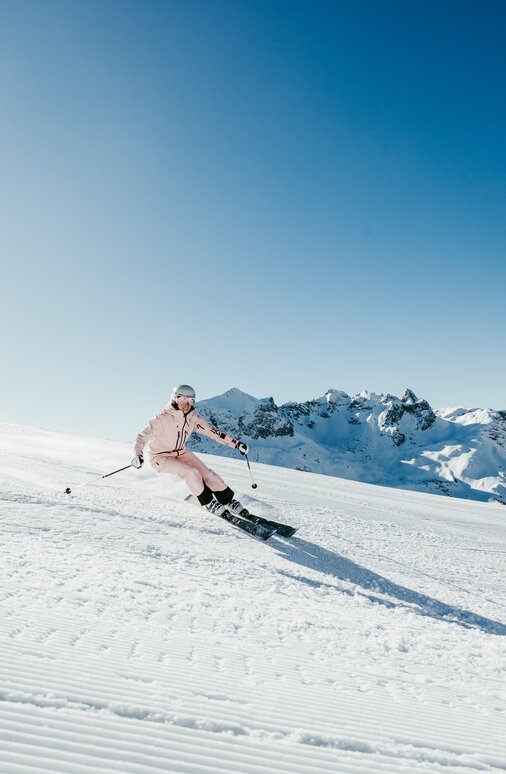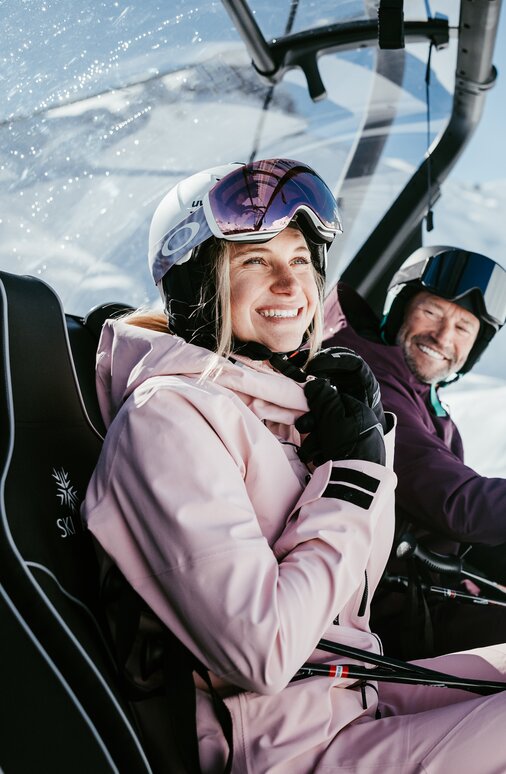Snow and avalanche report for Lech Zürs
Snow depth
Snowfall
Snow condition
Avalanche warning level
-
Low avalanche danger
-
Moderate avalanche danger
-
Considerable avalanche dangeraktiv
-
High avalanche danger
-
Very high avalanche danger
Live information from the Lech Zürs ski region
Live updates for your ski day in Lech Zürs: weather, snow report, webcams, open cable cars, lifts and ski runs, car parks, and much more – all in one place!
Avalanche Danger Scale
Generally favourable avalanche situation
No warning signs can be detected. Avalanches can only be triggered occasionally, especially on extremely steep slopes.
Recommendation for individuals in off-piste terrain
Only ski or snowboard extremely steep slopes one at a time and be aware of the risk of falling.
Mostly favourable avalanche situation
Warning signs may occur sporadically. Avalanches are most likely to occur on very steep slopes in the aspects and elevations specified in the avalanche forecast. Larger spontaneous avalanches are not to be expected.
Recommendation for individuals in off-piste terrain
Choose routes with care, especially on slopes with the aspects and elevations specified in the avalanche forecast. Very steep slopes should only be crossed one at a time. Pay particular attention when snowpack conditions are unfavourable.
Critical avalanche situation
Booming sounds and cracking are typical warning signs. Avalanches can be easily triggered, particularly on steep slopes with the aspects and elevations highlighted in the avalanche forecast. Both spontaneous avalanches and remote triggering are possible.
Recommendation for individuals in off-piste terrain:
This is a highly critical situation for winter sports enthusiasts. Careful route selection and the consistent use of risk-reducing measures are essential. Very steep slopes in the forecasted aspects and elevations should be avoided. Inexperienced skiers are advised to remain on open slopes and marked routes,
Very critical avalanche situation
Spontaneous, often very large avalanches are likely. Avalanches can be easily triggered on many steep slopes, and remote releases are common. Booming noises and cracking sounds are frequent warning signs.
Recommendation for individuals in off-piste terrain
Stick to moderately steep terrain and be mindful of the run-out zones of large avalanches. Inexperienced skiers should remain on open slopes and marked routes. This forecast applies only to a few winter days.
Extraordinary avalanche situation
Numerous very large and extreme spontaneous avalanches are expected.
Recommendation for individuals in off-piste terrain
Refrain from all snow sports outside open ski runs and marked routes!
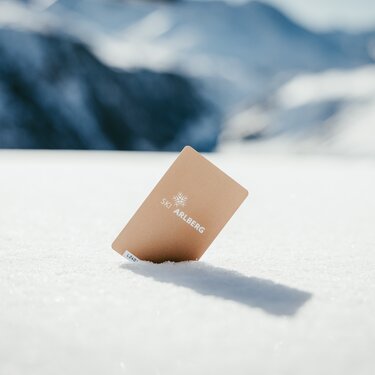
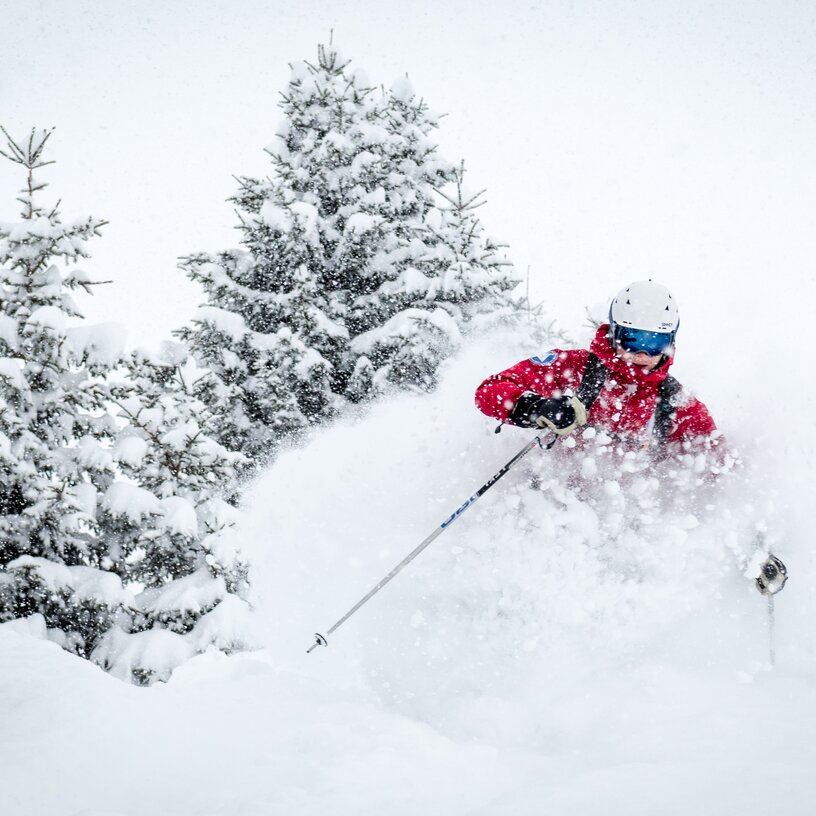
For experienced freeriders with guides
Endless powder runs and unforgettable descents make Lech Zürs a true freerider’s paradise – always explored with experienced ski guides who ensure safe route choices and share their local expertise.
Frequently Asked Questions
The snow depths are measured daily and published in the live snow report.
Current snow depths are recorded daily, primarily through automated measuring stations located at different altitudes within the ski resort.
- Snow depth in the valley: Schlegelkopf valley station measuring point
- Snow depth on the mountain: Trittkopf II mountain station measuring point
For detailed information on snow cover, slope conditions, and snow quality, refer to the daily snow report.
The current avalanche danger level can be seen at the top of this page.
The avalanche forecast indicates the level of avalanche danger using the five-tier European Avalanche Danger Scale. Each of the five danger scale levels is described based on three parameters:
- The likelihood of triggering avalanches,
- the extent of hazardous areas,
- and the size and frequency of the expected avalanches.
The website of the European Avalanche Warning Service EAWS provides a wealth of information and training opportunities.
The five types of avalanche problems, as defined by the European Avalanche Warning Services (EAWS), are designed to describe typical snow stability situations off-piste. They help assess avalanche danger by identifying the type and location of snow instability. These avalanche problem types complement the danger scale and danger zones (slope gradient and altitude) and represent the third tier in the information hierarchy.



